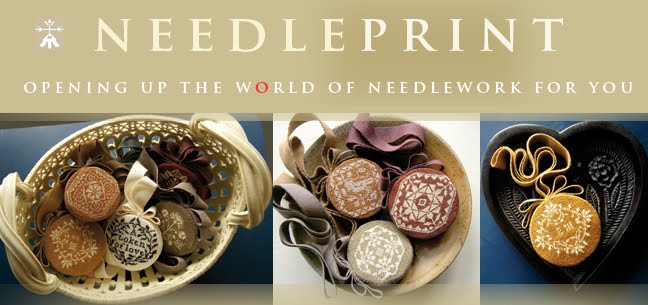
Beit Sahour is reputed to be close to the place where, according to the New Testament, an angel announced the birth of Jesus to the shepherds. According to tradition, St Helena built a convent at the site, which is today known as the shepherd's cave.
Set in undoubtedly one of the most beautiful parts of Palestine, the historic city of Beit Sahour lies to the east of Bethlehem and south-east of Jerusalem. The origins of the name Beit Sahour (the house of vigilance) stems from the Canaanite words Beit meaning place, and Sahour meaning night watch, which reflected the importance of the area for shepherds. The land provided their flocks with good grazing during the day and safety in the numerous caves at night.
Beit Sahour is a model of cooperation and brotherhood between Christians and Muslims. Throughout a troubled and turbulent past, the people of Beit Sahour have always stood firm as a united community. Today, Beit Sahour is home to some 14,500 residents, 80% Christian and 20% Muslim. There is a strong tradition in Beit Sahour of non-violent resistance and the Palestinian centre for Rapprochement between Peoples is located there under the direction of George Rishmawi - our link with the stitchers of Beit Sahour.
To give you an example of the will and commitment of the people of Beit Sahour to support a just peace, when Israeli Prime Minister Izahack Rabin announced a policy to 'break the bones of Palestinians,' the people of Beit Sahour welcomed Jewish Israelis into their homes in an act of friendship called 'Break Bread, Not Bones.'
 The people of Beit Sahour have developed high quality artisan craftsmanship, mainly in mother-of-pearl, olive wood, and embroidery. The tradition of handcrafting items has been passed down from generations, and the same methods are being used today as they have been for centuries. The vast majority of the items produced were bought by pilgrims and tourists. The work of local craftsmen can be found in homes all over the world. Sadly, the current situation in Palestine has severely damaged the trade in handicrafts. In Beit Sahour there are four large souvenir shops stocking the work of local craftsmen, along with over 130 family base workshops. Currently, all of them have virtually no trade. In an effort to overcome this problem, local craftsmen are looking overseas to find a viable market. Handicraft exhibitions, where local artists have shown their work, have been held throughout Europe, America and Canada. These exhibitions have helped to alleviate somewhat the financial difficulties they are facing.
The people of Beit Sahour have developed high quality artisan craftsmanship, mainly in mother-of-pearl, olive wood, and embroidery. The tradition of handcrafting items has been passed down from generations, and the same methods are being used today as they have been for centuries. The vast majority of the items produced were bought by pilgrims and tourists. The work of local craftsmen can be found in homes all over the world. Sadly, the current situation in Palestine has severely damaged the trade in handicrafts. In Beit Sahour there are four large souvenir shops stocking the work of local craftsmen, along with over 130 family base workshops. Currently, all of them have virtually no trade. In an effort to overcome this problem, local craftsmen are looking overseas to find a viable market. Handicraft exhibitions, where local artists have shown their work, have been held throughout Europe, America and Canada. These exhibitions have helped to alleviate somewhat the financial difficulties they are facing.The times are hard for the women of Beit Sahour, the incidence of heart attacks among unemployed men is extrememly high and because there are no emergency facilities their side of the checkpoints on the wall, the prognosis for anyone suffering is very bleak. The women come together to stitch, and for mutual support. Their items are bought by visitors from churches out of charity and taken home to sell in church halls and elsewhere. However, they had no good linen or threads and were obliged to stitch on Aida. That is why we have collected together unwanted linen and silk to send out to them. Last week at Maidenhead two good friends unloaded a very large box of stash from their car boot for me, and so I am delighted to say that a full box is now on its way to Beit Sahour today - Needleprint are paying for the courier and will pay all duties and tax on the box.
Designers and Teachers - do you need custom-made mother of pearl threadwinders or carved wooden objects to go with your designs? Please contact The Holy Land Handicraft Cooperative Society
The images on this post are courtesy of the Palestinian Heritage Foundation click here to see more lovely examples of embroidery.


A very noble gesture, I just hope you didn't forget to add some needles, too.
ReplyDeleteThe needles sold here, in Israel and Palestinian authority are the fat ones used for needlepoint on canevas, they are of course suitable for Aida and DMC, or Bedouin cotton threads, but not at all for silk and linen.
Thank you very much for this information - we didn't know that and I'll order some needles and get them sent out. Is there anything else that would be useful?
ReplyDelete